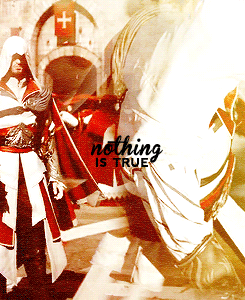What the Tech World Doesn't Understand About Fashion
Go to solution
Solved by LinusTech,
That Fendi charm thing made me throw up a little bit in my stomach.
But if my wife brought something like that home, I wouldn't make her return it, in fact I'd keep it.
And put HER out on the curb...
-
Featured Topics
-
Topics
-
CurtisLee14 ·
Posted in Graphics Cards0 -
CurtisLee14 ·
Posted in CPUs, Motherboards, and Memory2 -
Sparky862 ·
Posted in Storage Devices2 -
3
-
tinpanalley ·
Posted in Networking0 -
0
-
2
-
DoughmanX_HD ·
Posted in Windows1 -
220VoltsallCore ·
Posted in Operating Systems4 -
Ridoheru ·
Posted in Graphics Cards1
-



















Create an account or sign in to comment
You need to be a member in order to leave a comment
Create an account
Sign up for a new account in our community. It's easy!
Register a new accountSign in
Already have an account? Sign in here.
Sign In Now